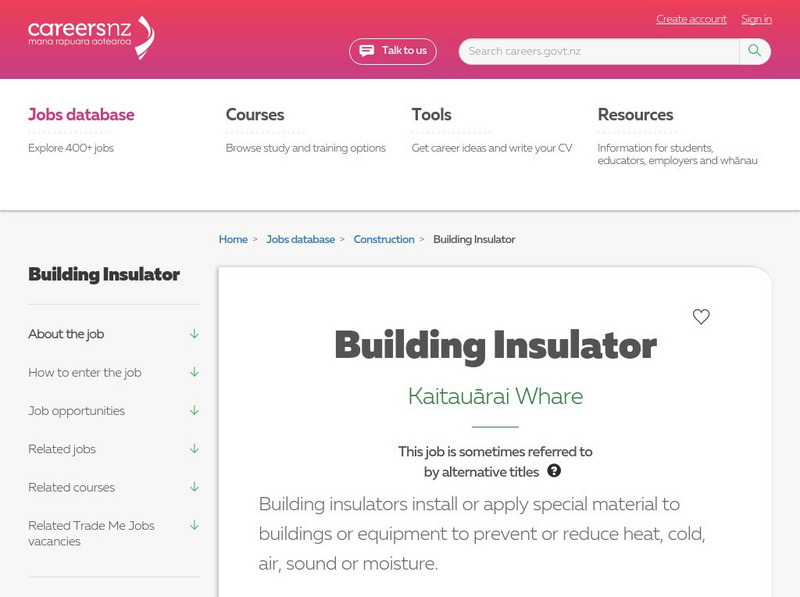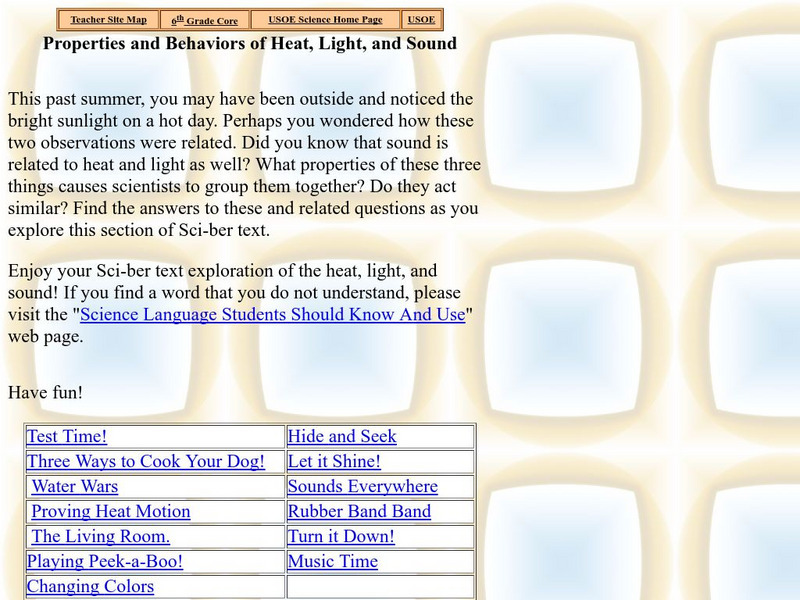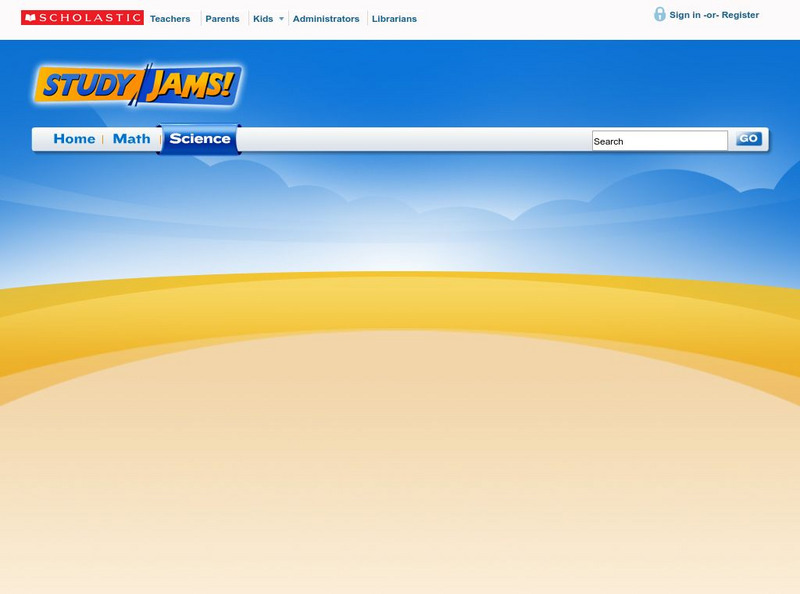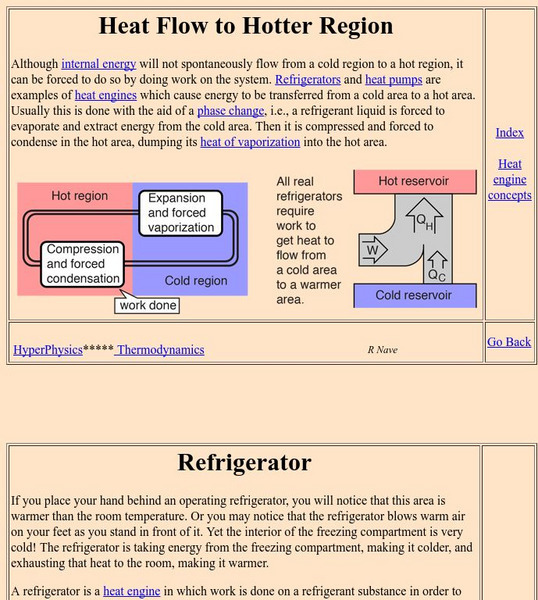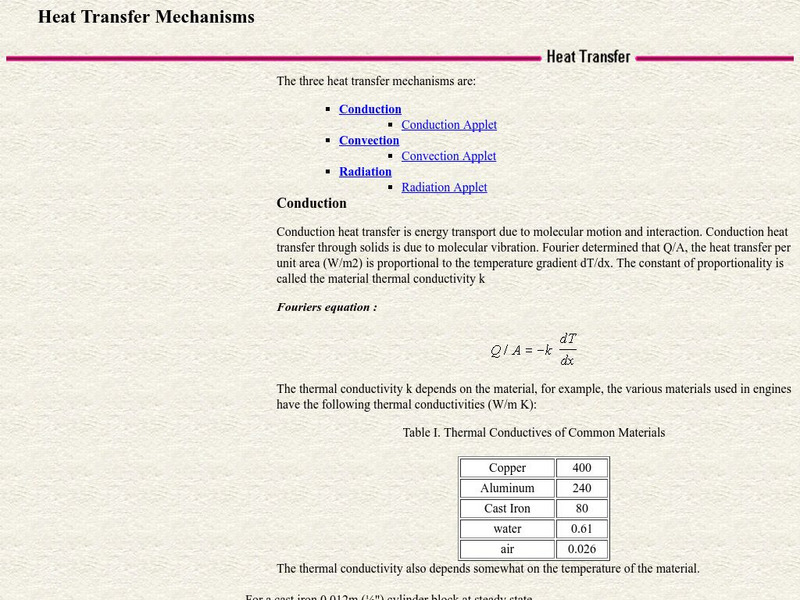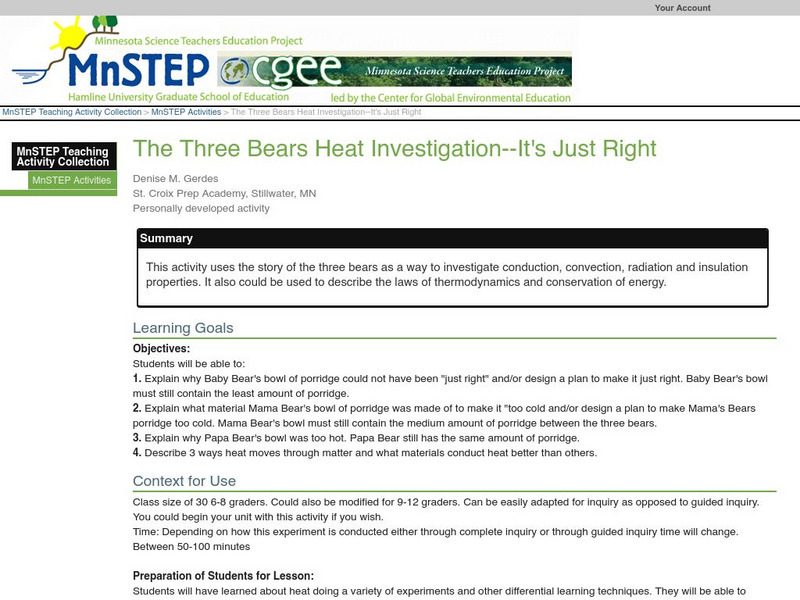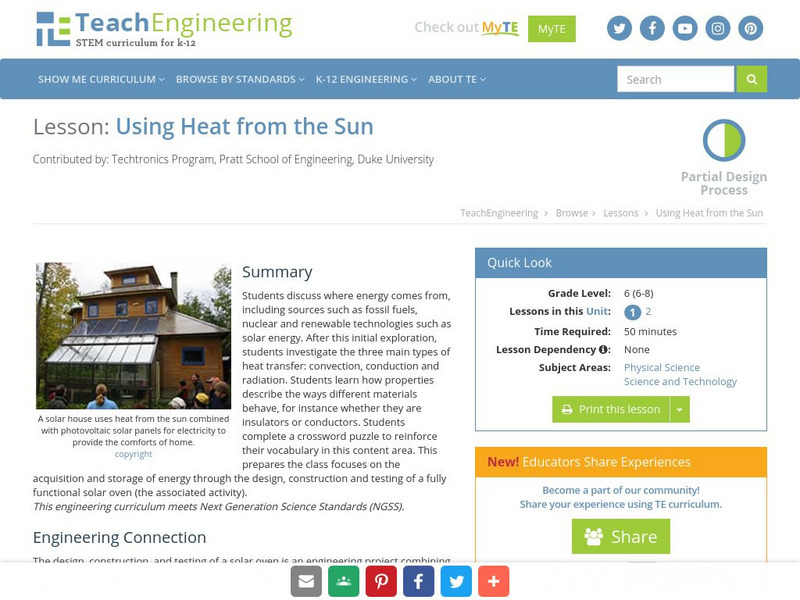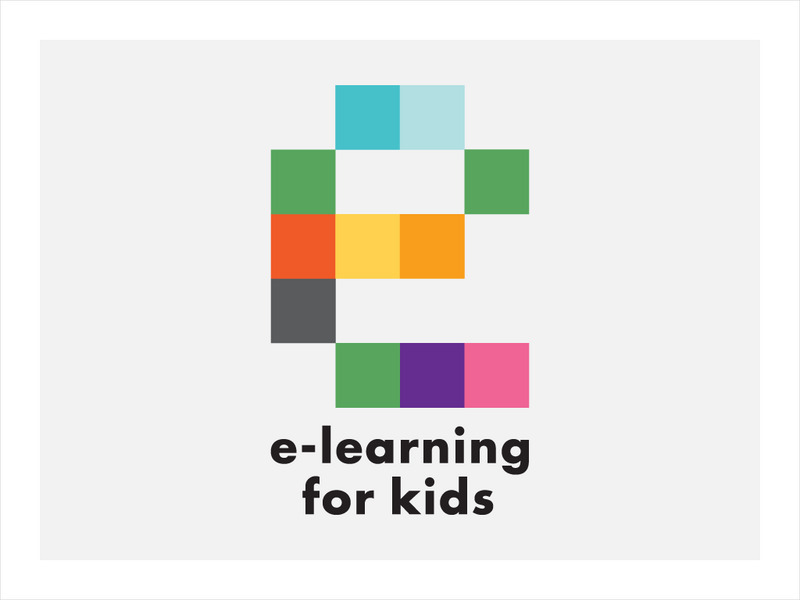TeachEngineering
Teach Engineering: What Is the Best Insulator: Air, Styrofoam, Foil, or Cotton?
That heat flows from hot to cold is an unfortunate truth of life. People have put a lot of effort into stopping this fact, however all they have been able to do is slow the process. Working in groups of three to four, students will...
Oak Ridge National Laboratory
Oak Ridge National Laboratory: Insulation Fact Sheet
Several well-written pages using easy-to-understand language. Explains about every detail concerning insulation and its installation or replacement. Discusses R values, heat loss, insulation types, etc.
Careers New Zealand
Careers Nz: Building Insulator
This site contains information on becoming a building insulator in New Zealand. While some of the information is specific to New Zealand, most of it is uniform to the career. Includes job description, tasks and duties, personal...
TeachEngineering
Teach Engineering: What Is Heat?
Students learn about the definition of heat as a form of energy and how it exists in everyday life. They also learn about the three types of heat transfer as well as the connection between heat and insulation.
TeachEngineering
Teach Engineering: Insulation Materials Investigation
Students test the insulation properties of different materials by timing how long it takes ice cubes to melt in the presence of various insulating materials. Students learn about the role that thermal insulation materials can play in...
Utah Education Network
Uen: Trb 3:5 Investigation 4 Heat Misconceptions
Gloves do not give heat, but will insulate or hold in any heat that is in your hand.
TeachEngineering
Teach Engineering: Heat Transfer: No Magic About It
Heat transfer is an important concept that is a part of everyday life yet often misunderstood by students. In this lesson, students learn the scientific concepts of temperature, heat, and the transfer of heat through conduction,...
Utah State Office of Education
Utah Science: Properties and Behaviors of Heat, Light and Sound
How can scientists lump heat, light and sound together when investigating properties and behaviors? This learning module will address that question through a series of activities.
ArtsNow
Arts Now Learning: Dance With Heating, Cooling, and Insulation [Pdf]
In this lesson, 3rd graders use movement and dance composition to aid their comprehension of heating, cooling, and insulation.
Physics Classroom
The Physics Classroom: Thermal Physics: Rates of Heat Transfer
Through illustrated examples and interactive examples, students investigate the topic of the rate of heat transfer.
Scholastic
Scholastic: Study Jams! Science: Energy, Light and Sound: Heat
A video and a short quiz on heat, covering its difference from temperature, thermal energy, and the means by which heat is transferred.
BBC
Bbc Schools: Ks2 Bitesize: Science: Materials: Heat
A short, illustrated tutorial about how heat energy moves. After reading the material, take a quick quiz to check for understanding.
Science Buddies
Science Buddies: Which Is the Better Insulation Material?
You've probably noticed that the price of gasoline can fluctuate a great deal from one year to the next. Using good insulation material is one way to conserve energy and save money. Learn here which insulation materials work better than...
TeachEngineering
Teach Engineering: Stop Heat From Escaping
One way to conserve energy in a building is to use adequate insulation. Insulation helps keep the hot or cool air inside or outside of a building. Inefficient heating and cooling of buildings is a leading residential and industrial...
Other
Warmair.com: Attic Insulation Calculator
An online JavaScript application which allows visitors to investigate the relative amount of heat being lost from their homes due to insufficient insulation. The current R-value and a hypothetical R-value can be entered and the energy...
Georgia State University
Georgia State University: Hyper Physics: Heat Flow to Hotter Region
Heat flow from a hot region to a cold region is described and explained. Applications of this phenomenon (specifically heat pumps and refrigerators) are discussed. Excellent graphics.
Colorado State University
Csu: Heat Transfer Mechanisms
An excellent page from the Colorado State University with a heavy mathematical emphasis. Each form of heat transfer--conduction, convection, and radiation--is defined, compared, and contrasted. Mathematical equations governing the rates...
Science Education Resource Center at Carleton College
Serc: The Three Bears Heat Investigation It's Just Right
This activity uses the story of the three bears as a way to investigate conduction, convection, radiation, and insulation properties. It also could be used to describe the laws of thermodynamics and conservation of energy.
TeachEngineering
Teach Engineering: Using Heat From the Sun
In this lesson, students will first discuss where energy comes from, including sources such as fossil fuels, nuclear, and such renewable technologies as solar. After this initial exploration, students will investigate the three main...
American Chemical Society
Middle School Chemistry: Heat, Temperature, and Conduction
Students observe, describe, and draw a model on the molecular level, showing how energy is transferred from one substance to another through conduction.
Other
Warmair.com: Insulation
The role of insulation in preventing heat loss is discussed. The concept of thermal resistance is introduced and explained. Understandable language but no graphics.
E-learning for Kids
E Learning for Kids: Science Underwater City: What Are Good and Poor Conductors of Heat?
John and Jessi are going underwater, and they need to stay warm. Help them learn about conductors of heat so they can stay warm.
TeachEngineering
Teach Engineering: Temperature Tells All!
Students are introduced to the health risks caused by cooking and heating with inefficient cook stoves inside homes, a common practice in rural developing communities. Students simulate the cook stove scenario and use the engineering...
Colorado State University
Colorado State Univ.: Heat Transfer Resistance Modeling
This site from the Colorado State University discusses the tranfer of heat by conduction and convection. Discussion centers around the application of these two heat transfer mechanisms to engines. The variables that effect the resistance...




